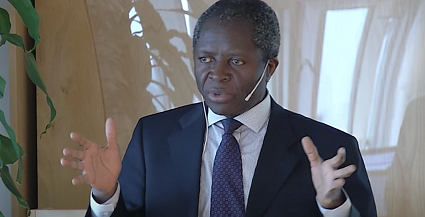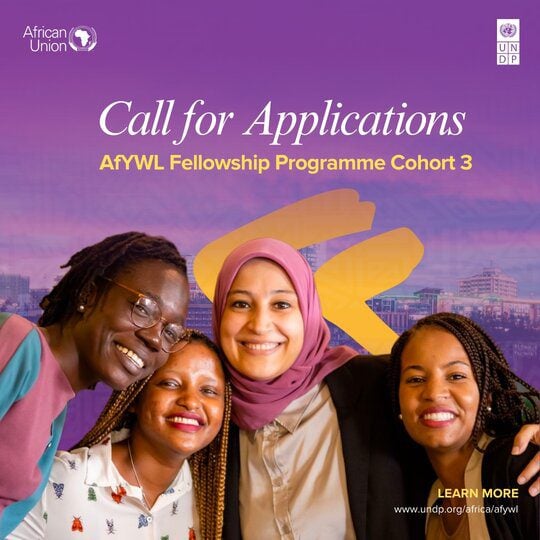“The consequences of the pandemic could be long-lasting”, stated Ambassador Smail Chergui, African Union Commissioner for Peace and Security, adding that “the AU will continue to support governments to make extremely difficult choices to address the impact of COVID-19 across the continent”. Amb. Chergui’s remarks followed the launch of a report on “The Impact of the COVID-19 Outbreak on Governance, Peace and Security in the Horn of Africa”.
Jointly released by the AU and the United Nations Development Programme (UNDP), the brief reports that there are more than 56,000 confirmed cases and more than 1,400 deaths across the Horn of Africa region to date. While the current mortality rate remains moderately low at less than 3%, testing could be further improved to reach the recommended target of 1.3 million tests per month.
The brief identifies several emerging impacts of COVID-19 in the region such as delayed electoral processes and political reforms, weakened service delivery, increased poverty, and a likely increase in regional insecurity. With at least 28 million people experiencing food insecurity before the pandemic, COVID-19 is expected to deepen food insecurity by at least 19 percent in the region. Extremist groups such as Al Shabaab have exploited the pandemic by using misinformation and to provide basic services in affected areas further challenging governance and stability.
The impact of COVID-19 on women and young girls was also highlighted as a key area for gender-relevant intervention. Women make up 70 percent of global frontline health workers and most informal traders in Africa are women.
“These past months of responding to COVID-19 have emphasized the need to make peace and security a priority in Africa especially in fragile communities”, said Dr. Ahmed Ogwell E. Ouma, Deputy Director of the Africa Centres for Disease Control and Prevention (Africa CDC).
Despite the challenges posed by COVID-19, the report concludes with renewed hope and opportunities for African governments, regional institutions, civil society and citizens to support grassroots solutions for conflict prevention, strengthen rapid and collective fundraising for interventions, and explore the potential for intra-African trade among other innovative and context-specific solutions.
Stan Nkwain, the Director of the UNDP Regional Service Center for Africa suggests that “COVID-19 presents an opportunity to strengthen governance structures, solidify unity in the region, and lay the foundation for governments to balance the need for addressing the prevailing health crisis with the renewal of social contracts between governments and the governed.”
Read the report: https://bit.ly/3gh3hqP









